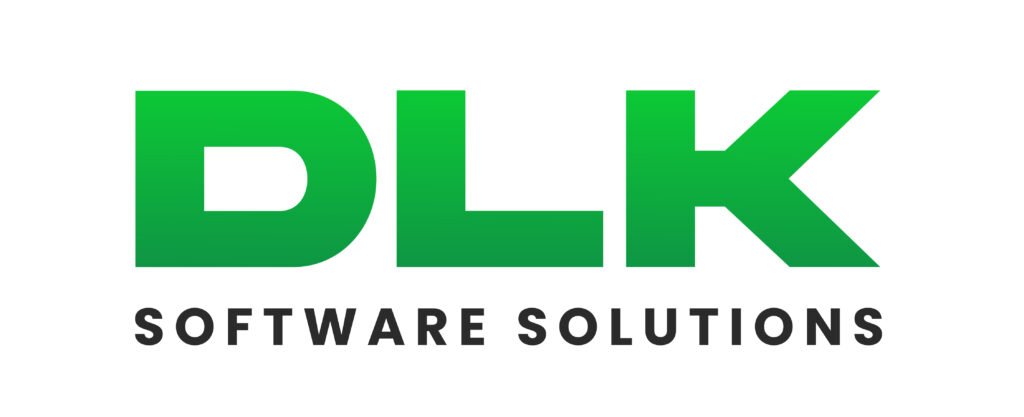Our Best Offer Ever!! Summer Special - Get 3 Courses at 24,999/- Only. Read More
Our Best Offer Ever!! Summer Special - Get 3 Courses at 24,999/- Only. Read More
The Role of RTOS (Real-Time Operating System) in Embedded Technology

Introduction
will remain a driving force behind the next generation of intelligent, connected devices.In today’s fast-paced digital era, embedded devices are omnipresent—from smart home appliances and medical devices to autonomous vehicles and industrial machinery. At the heart of these systems lies RTOS (Real-Time Operating System), a specialized operating system that ensures tasks are executed with strict timing precision. For applications where speed, accuracy, and reliability cannot be compromised, RTOS (Real-Time Operating System) is indispensable.
What is RTOS (Real-Time Operating System)?
RTOS (Real-Time Operating System) is a lightweight operating system designed to process incoming data in real time, often within microseconds or milliseconds. Unlike traditional general-purpose operating systems, it prioritizes tasks based on urgency and guarantees predictable responses. This makes RTOS (Real-Time Operating System) ideal for critical applications such as medical monitoring, automotive control, and aerospace systems, where any delay could have serious consequences.
Key Applications of RTOS (Real-Time Operating System)
- Industrial Automation
In manufacturing, RTOS (Real-Time Operating System) enables machines and robots to perform repetitive tasks with minimal latency, ensuring smooth operations, safety, and higher productivity. - Automotive Systems
Modern vehicles leverage RTOS (Real-Time Operating System) for advanced driver-assistance systems (ADAS), braking controls, and engine management, delivering split-second responses to changing road conditions. - Healthcare Devices
Medical equipment like pacemakers, ventilators, and patient monitoring systems rely on RTOS (Real-Time Operating System) to provide precise, real-time functionality that can save lives. - Aerospace and Defense
Aircraft navigation, radar systems, and other defense technologies depend on RTOS (Real-Time Operating System) for mission-critical operations where accuracy and reliability are non-negotiable.
Benefits of RTOS (Real-Time Operating System)
- Deterministic Performance: Guarantees predictable responses with minimal delays.
- Efficient Multitasking: Handles multiple processes simultaneously without conflict.
- Reliability: Ensures system stability in critical applications.
- Low Footprint: Optimized for resource-constrained microcontrollers.
- Scalability: Suitable for both simple embedded devices and complex systems.
Challenges in Implementing RTOS (Real-Time Operating System)
- Complex Development: Requires highly skilled programmers.
- Resource Limitations: Must work efficiently under strict CPU and memory constraints.
- Licensing Costs: Commercial RTOS solutions can be expensive.
- Debugging Difficulty: Real-time errors are often difficult to trace.
The Future of RTOS (Real-Time Operating System)
With the rise of IoT, autonomous technologies, and smart devices, the demand for RTOS (Real-Time Operating System) continues to grow. Future platforms are expected to integrate seamlessly with AI, cloud services, and advanced connectivity protocols to handle complex real-time data. This evolution will empower industries to develop smarter, safer, and more reliable systems.
RTOS (Real-Time Operating System) has established itself as a cornerstone of modern embedded systems. Its ability to deliver real-time responses, reliability, and efficiency makes it essential across industries including healthcare, automotive, aerospace, and industrial automation. As technology continues to advance, RTOS (Real-Time Operating System)




